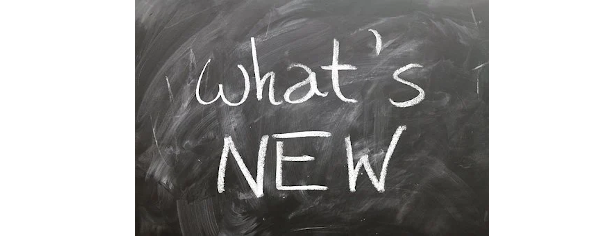
“BEING ORGANIC in EU” is a project proposed by FederBio - Federazione Italiana Agricoltura Biologica e Biodinamica; Naturland - Verband fur Okologischen Landbau Ev aimed at increasing the consumers and trade operators’ awareness about EU organic production methods/standards and EU organic logo in two internal markets: Germany and Italy.
Target countries represent about the 32% of total EU population and they show great margins of increase in the knowledge about EU organic production methods and logo (Countries average in 2020: 55%) and in organic share of the total market (Countries average in 2019: 7.9%). Recently target countries highlighted a significant growth trend related to the total consumption of EU organic logo labelled products, renowned not only for their quality but also for keeping in consideration innovative and sustainable production methods and respecting the productions’ typical characteristics: the project aims to strengthen this path.
Germany and Italy represent a challenge in the organic food products demand: the goal is to get in close contact with consumers in order to increase the perceived value of EU organic agriculture production methods/standards with EU organic logo, while ensuring an image of European excellence and tradition. These objectives are in line with the promotion regime listed in Articles 2 and 3 of the Regulation 1144/2014 and with 2021 Call for Proposals, Topic AGRIP-MULTI-2021-IM-ORGANIC. The project addresses a very challenging goal, to bring together two Countries with different organic market characteristics and development under a common promotional action: the broad dissemination of information related to Italian and German organic agriculture production methods/standards will be one of the main tools for enhancing the training and awareness of the key players in the target countries (primarily consumers, producers, distributors, media, buyers...) that are closest to the consumer market. Project will be implemented in a three years period (2022-2025).
Source: REA-European Commission



